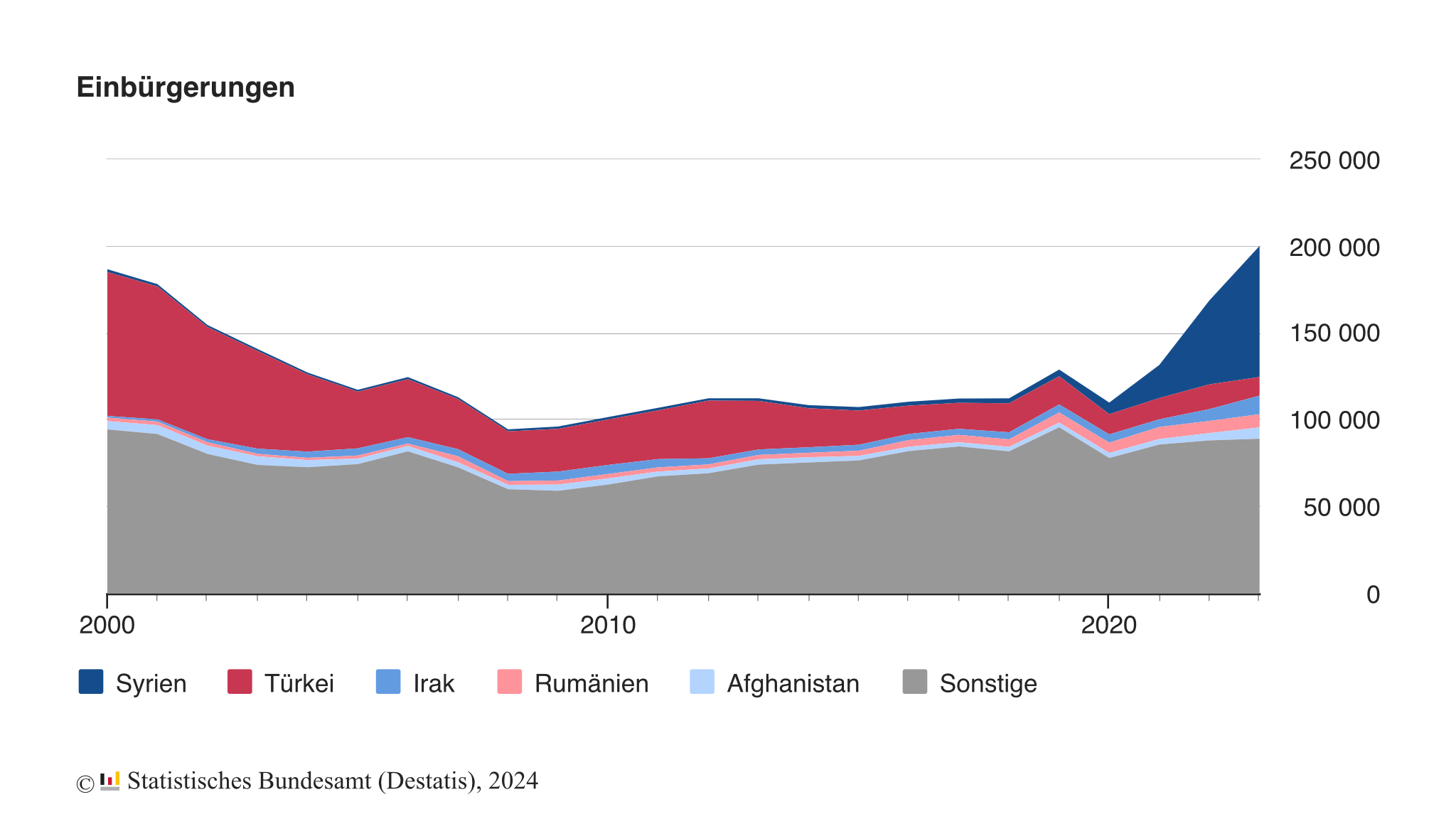
Are you an expat in Germany financially supporting family back home? You might be eligible for a tax benefit! This blog post dives into everything you need to know about claiming tax deductions for maintenance payments sent abroad.
Who Qualifies for Tax Relief on Remittances from Germany?
German tax law recognizes the obligation of family members to provide financial support to each other under certain circumstances. This extends to expats who can claim tax deductions for maintenance payments sent to parents, grandparents, spouses, and children.
Conditions for Claiming Tax Deductions on Maintenance Payments
While sending money home is commendable, claiming tax relief requires meeting specific criteria:
- Recipient Age or Inability to Earn: The recipient must be over 65 years old or unable to support themselves due to disability.
- Recipient’s Income and Assets: The recipient’s income and assets must be below a threshold that indicates self-sufficiency. The German tax office may reject claims if the recipient has enough resources to meet their needs.
- Monthly Income Limits: The claimable amount reduces as the recipient’s monthly income increases.
- Spouses and Children Living Abroad: Tax relief applies to spouses and children living outside Germany, but only if they are not already factored into your tax class (Steuerklasse).
Impact of Recipient’s Country of Residence
The claimable amount also varies depending on the recipient’s country of residence. Germany categorizes countries into groups based on the cost of living. You can claim the full amount, half, 75%, or 25% depending on the recipient’s country group.
Maximum Claimable Deduction and Salary Impact
There’s a maximum claimable amount that cannot be exceeded, regardless of how much you send home. This limit is tied to your annual salary. For example, if you earn €15,000 per year and send your parents €10,000, you can only deduct €250 (amount exceeding the 5% limit).
Important Documents for Claiming Tax Relief
To strengthen your claim, you’ll need specific documentation:
- Maintenance Declaration Form: A notarized form outlining the recipient’s financial situation and need for support.
- Proof of Payments: Trackable money transfer receipts are essential. The recipient’s bank account should be separate from yours.
- Needs Assessment Documents: The recipient’s tax declaration from their home country can be helpful.
Spreading Payments Throughout the Year
The annual maximum deduction applies to the entire year. Sending the entire amount in one lump sum at year-end limits your claim. Spreading out the payments throughout the year strengthens your case.
Filing Your Tax Return with Elster
Elster is an online tax filing platform in Germany. While Elster offers various filing options, generating a certificate first is recommended. Register for Elster well in advance of the filing deadline to receive your activation data.
Claiming Maintenance Payments in Elster
Within Elster, under “Unterhalt nahestehender Personen” (Maintenance for Close Relatives), you’ll provide details like the recipient’s country of residence, support period, and payment details.
Filling Out Details About the Recipient(s)
For each recipient, provide their name, date of birth, relationship to you, residency details, and asset information. You’ll also need to confirm having a needs-based maintenance declaration from them.
Financial Information of the Recipient(s)
Provide details of the recipient’s income from employment, pensions, or capital assets.
Considering Contributions from Others
If someone else contributes to the recipient’s support, you can include their details in your Elster filing.
Conclusion: Maximize Your Tax Benefit While Supporting Family
By understanding these guidelines and requirements, you can maximize your tax benefit while fulfilling your familial obligations. Remember, consulting a tax advisor familiar with German tax law for expats is always recommended to ensure a smooth tax filing process.


